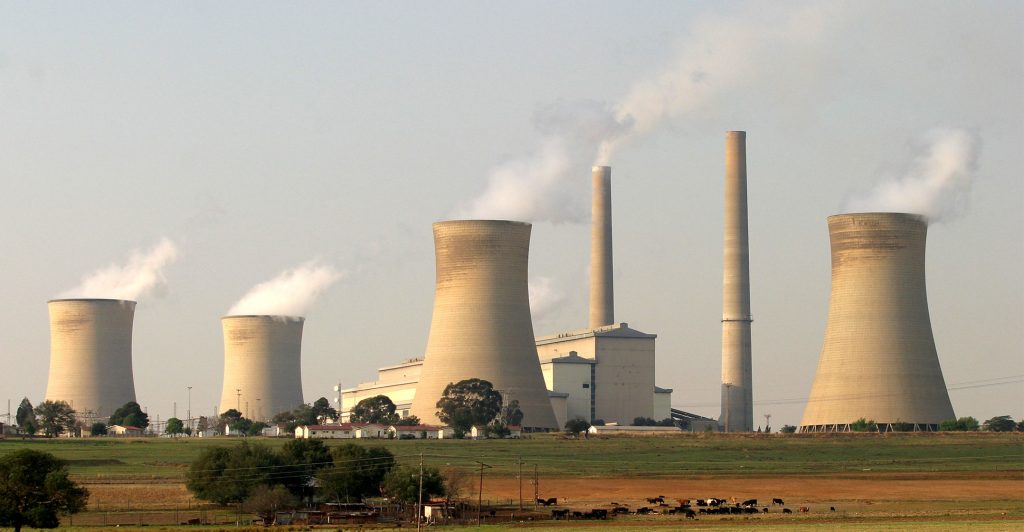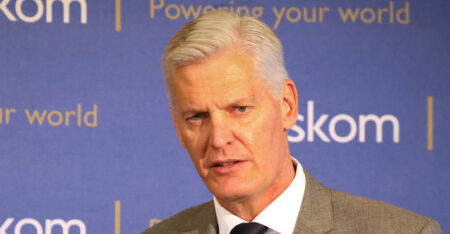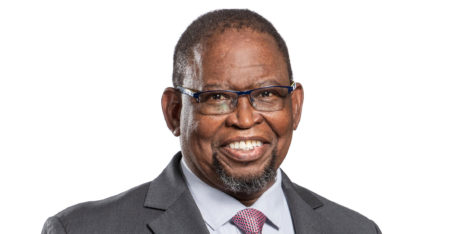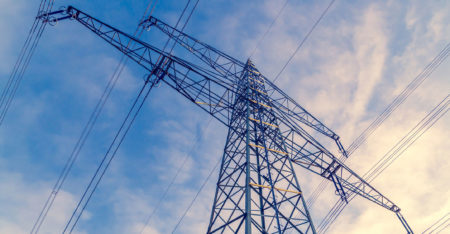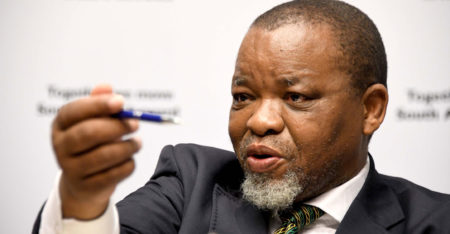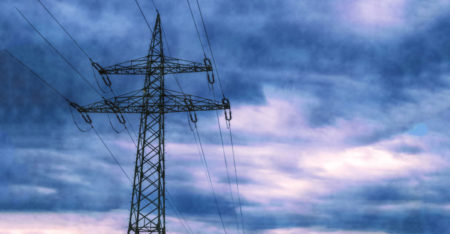After years of wrangling, South Africa appears no closer to finalising a plan to cut Eskom’s R402-billion of debt to more sustainable levels.
Browsing: Energy and sustainability
Eskom wants the government to take over about half of its debt so it can accept support pledged by rich nations to help reduce dependence on coal and cut emissions, City Press reported.
It’s now cheaper for Eskom to buy renewable energy from independent power producers than to run its coal power stations.
Eskom is on track to split its generation and transmission divisions by the end of the year, its CEO said on Friday.
The power utility will reduce load shedding to stage 2 on Thursday and expects load shedding to be completely lifted by Friday morning.
Key government ministers have reached a broad agreement to sell some of Eskom’s coal-fired power plants to help reduce its debt burden, finance minister Enoch Godongwana said.
How did a temporary loss of imported electricity on Saturday plunge the country into stage-4 load shedding for an entire week?
Eskom CEO André de Ruyter has resisted calls from trade unions and a business group to resign amid severe electricity cuts across the country.
The shift away from fossil fuels must generate alternative economic activities to avoid “ghost towns” forming, energy minister Gwede Mantashe said.
Power companies in Southern Africa are investigating the cause of an “unprecedented” system disruption that affected four countries.


